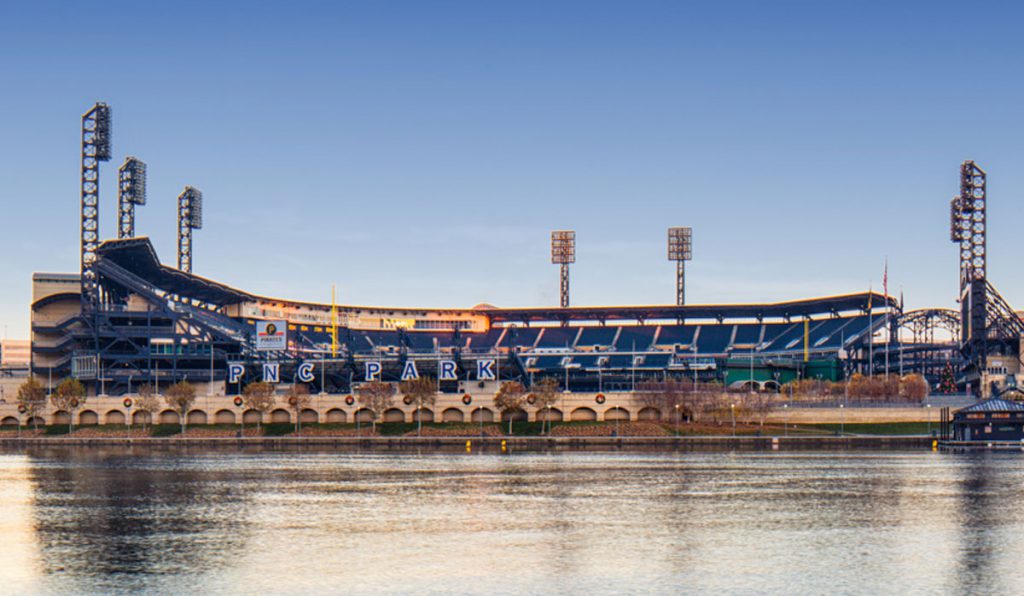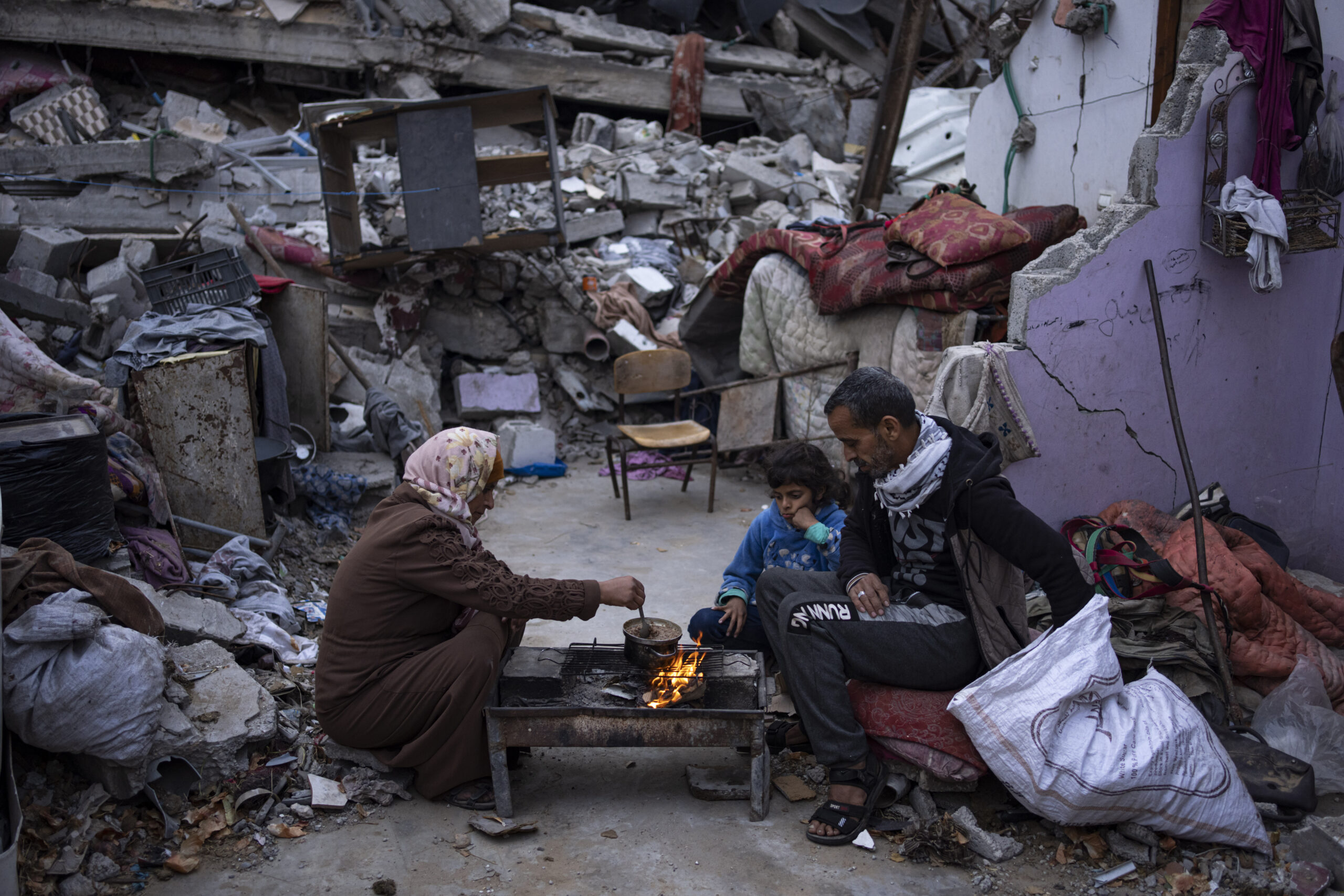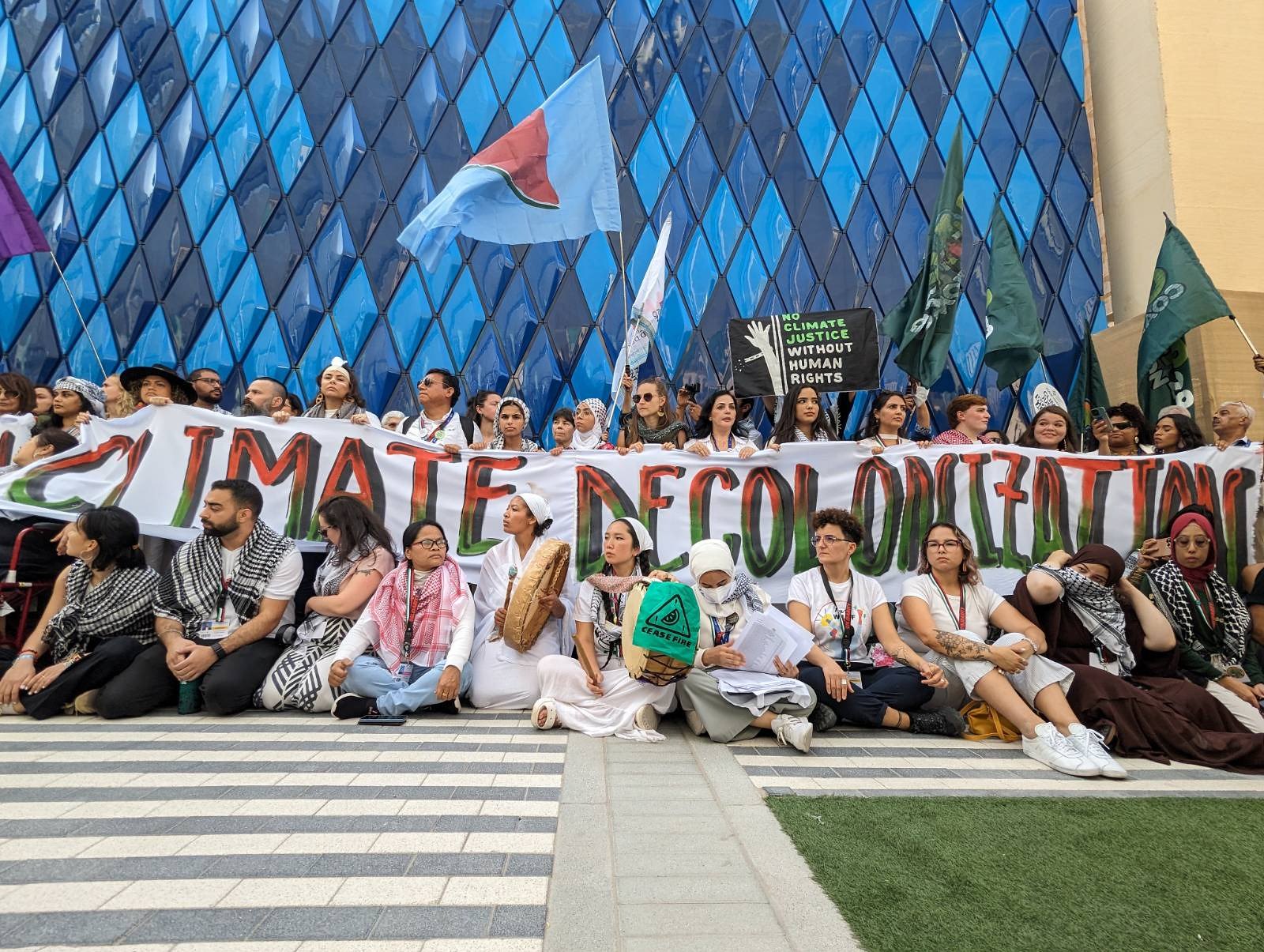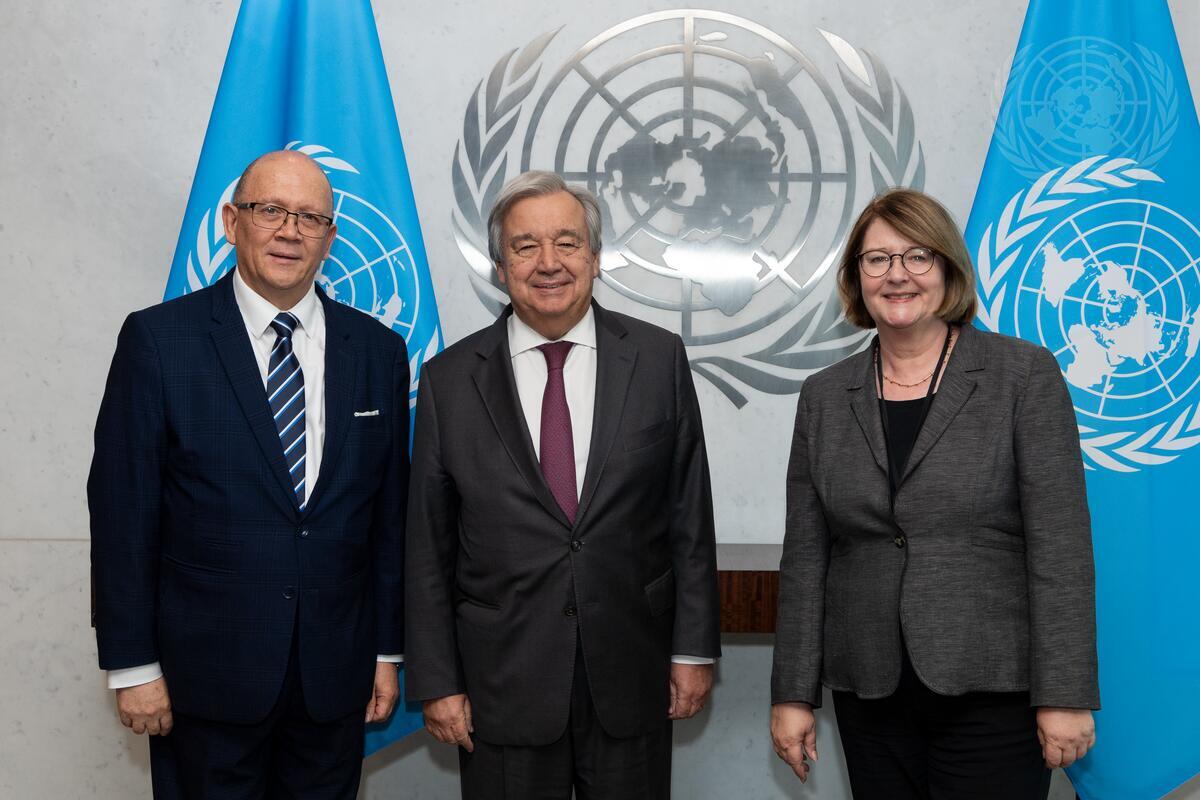
The prism in which we view the role of sports in society is a complex one. Sports, in their most basic iteration, are a form of entertainment. They serve as a convenient distraction from the day-to-day challenges many of us face. Memorable social experiences are built around sporting events. Many fans believe this is the sole purpose of the industry: a brief and welcoming respite we get to experience before jumping back into the daily stressors of life.
The painful process of returning to sports is now a stark reminder that they are anything, but a respite. There isn’t another industry in the country that accurately reflects the machinations of our political world and their corresponding ramifications more than sports. This has never been more true than during the pandemic that continues to ravage our country. The lack of a national plan, the politicization of the virus, and the pressures to save the economy have all made a footprint on the games we love so much. As star closer from the Washington Nationals, Sean Doolittle, so eloquently said in his first press conference of the season, “sports are the reward of a functional society.” As Major League Baseball (MLB) makes its muted return today, the question still remains: should we have sports in America this year?
The National Basketball Association (NBA) shutting down their season after Utah Jazz center Rudy Gobert tested positive for COVID-19 marked a significant benchmark in the country’s response to the coronavirus. Until that point, the virus was largely viewed in the United States as an issue that plagued countries in Asia and Europe. The moment we saw players from the Jazz and Oklahoma City Thunder hurriedly run off the court coupled with urgent messages from the arena PA announcer telling fans to head for the exits, it felt like the virus finally hit home. We weren’t sure if and when sports would return this year, but that didn’t stop the leagues from trying. The leagues weren’t all that interested in leaving money on the table.
After putting a halt to spring training camps on March 13, Major League Baseball reached an agreement with the Player’s Association on March 26. The agreement detailed both the unique salary structure and terms under which the game could return. This agreement included a pro-rating of the players’ salaries based on games played in the season, the reduction of the amateur draft from forty rounds to five, full-service time for players on the major league roster (crucial for getting one step closer to free agency), and granting MLB Commissioner Rob Manfred the unilateral power to determine the number of games in the season if the league and players’ union couldn’t agree. At the time, the agreement felt like a reasonable move that addressed everyone’s concerns while respecting the larger societal issues at play.
Then May came. It became increasingly clear there was a chance baseball could actually return this year. At the time, the league implementing a strong safety protocol system seemed to be the biggest challenge. But as we’ve seen time and time again, sports are a clear reflection of our society. Like across society where many corporations and their billionaire owners used the pandemic as a means to suppress labor wages and maintain profits, Major League Baseball was no different.
With the admission that any return to sports would not include fans, Major League Baseball immediately began to cry poor and demanded revisions to the March agreement. Instead of focusing on robust testing and safety, the league entered collective bargaining agreement negotiations with the player’s union around salaries. The return of baseball was hinging upon fair compensation and the future of labor-management relationships. We were witnessing billionaires fighting with millionaires over large sums of money while the country’s unemployment rate surged. There was a very strong possibility that baseball would not return because of money alone, not due to safety concerns. Why would safety be first and foremost on everyone’s mind?
Then on May 25, 2020, George Floyd was murdered by four Minneapolis Police Officers, and an unprecedented social uprising emerged across the country. The lockdowns of the pandemic forced the entire nation to view Floyd’s death and question racism in our society. It was an awakening for many. Protests of all kinds began to bloom. Amid the backdrop of this social movement, MLB continued to haggle over player wages. As protests erupted in all 50 states , Commissioner Rob Manfred sent economic proposals that severely undercut wages players deserved.
It took the league nine days following Floyd’s death to issue a statement about systemic racism. The statement did not acknowledge the game’s own systemic racism, and there hasn’t been a statement since. While the NBA and the National Football League (NFL) have made multiple statements regarding racial issues in America, the MLB returned to its silence. Players of all backgrounds have taken to addressing this topic head-on through multiple forms of protest. Yet, for MLB, it was business as usual.
And now that business comes with more hiccups. The league eventually forced a 60 game season to begin on July 23rd. The safety protocols to ensure a safe return to baseball were hastily put in place. Doolittle mentioned MLB and the Players’ Association being at each other’s throats so much over money that health and safety went by the wayside. This all came to a head the first week of MLB’s Summer Camp, an abridged version of Spring Training. There were multiple COVID-19 testing issues that precluded teams from practicing. The lack of attention to safety protocols directly led to a competitive integrity issue. Players couldn’t practice and prepare for the abbreviated season. MLB, and other leagues, are toeing a thin line between adequate testing for their players and staff while not subtracting resources from the public. It is a tenuous situation at best that will only continue throughout the year.
Sports in 2020 are a complicated entity. There is virus fatigue. There continues to be a steep learning curve of what life looks like with COVID-19. Our natural inclination is to gravitate towards things that are familiar. Sports is certainly one of those things. But it is incredibly difficult to remove our present reality from the games we love. We’ve seen the all too familiar squabbles over money. We’re reminded that corporate entities only care about social issues when they are forced to react. Now things are seeming to begin to change, should we revert to our old ways?
Even the invisible virus itself is felt when watching the return of sports. The artificial crowd noise and the sight of players in masks are certainly jarring. As a huge sports fan, it was always difficult to see a life without the games. The lockdown has taught me it is indeed possible. It has also taught me that now may be the time to focus all of our attention on addressing these issues head-on instead of seeking out distractions.
Randy Wilkins is a three-time Emmy award-winning filmmaker and lover of all things sports.



